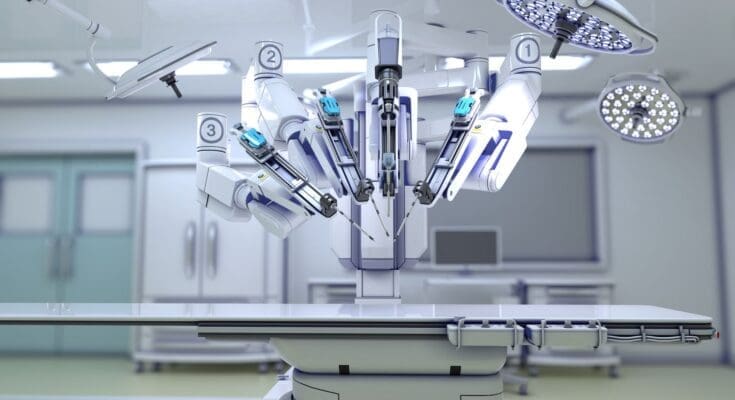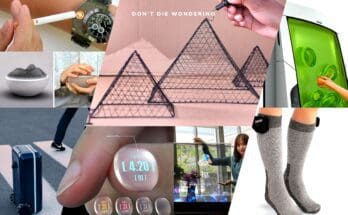In recent years, the integration of robotics in healthcare has ushered in a new era of medical advancement. This revolutionary technology is not only redefining surgical procedures but also elevating the standard of caregiving services. In this comprehensive article, we delve into the multifaceted world of robotics in healthcare, exploring its applications, benefits, and the promising future it holds for the industry.
The Evolution of Robotics in Healthcare
Advances in technology have paved the way for the seamless integration of robotics in the healthcare sector. From assisting surgeons in complex procedures to providing support in caregiving, robots have become invaluable assets in the medical field. This section sheds light on the remarkable evolution of robotics in healthcare.
Enhancing Surgical Precision
Robotic-Assisted Surgeries: Revolutionizing Medical Interventions
Robotic-assisted surgeries have emerged as a game-changer in the field of medicine. With unparalleled precision and dexterity, robotic systems assist surgeons in performing intricate procedures with minimal invasiveness. This not only reduces recovery times but also enhances patient outcomes.
Minimally Invasive Techniques: A Paradigm Shift
The integration of robotics has ushered in an era of minimally invasive surgeries. By utilizing smaller incisions and advanced imaging technology, surgeons can now access targeted areas with unparalleled accuracy. Patients benefit from reduced pain, shorter hospital stays, and faster recovery times.
Elevating Caregiving Services
Robotic Companions: Redefining Patient Care
Robotic companions are revolutionizing caregiving services for the elderly and individuals with special needs. These intelligent systems provide companionship, monitor vital signs, and even assist with daily tasks. This not only alleviates the burden on caregivers but also enhances the overall quality of life for patients.

Automating Routine Tasks: Efficiency in Healthcare Facilities
In healthcare facilities, robots are being employed to automate routine tasks such as cleaning, sterilization, and medication dispensing. This not only ensures a sterile environment but also allows healthcare professionals to focus on more specialized care.
Addressing Concerns and Misconceptions
Despite the remarkable advancements, there are concerns and misconceptions surrounding the integration of robotics in healthcare. It is crucial to address these issues to foster a better understanding of the potential benefits and limitations of this technology.
FAQs
Can robots completely replace human surgeons?
While robots play a pivotal role in surgeries, they work in tandem with skilled human surgeons. The combination of human expertise and robotic precision yields optimal results.
Are robotic caregiving companions capable of emotional understanding?
While they can simulate empathy, robotic companions lack genuine emotional understanding. However, their capabilities continue to improve through advanced AI algorithms.
Is robotic technology accessible to all healthcare facilities, regardless of size or budget?
The availability of robotic technology varies, but efforts are being made to make it more accessible to a wider range of healthcare facilities, ensuring equitable access to advanced medical care.
Are there any ethical concerns associated with robotics in healthcare?
Ethical considerations include issues of patient privacy, informed consent, and the potential displacement of human workers. These concerns are actively addressed by regulatory bodies and healthcare institutions.
What is the future outlook for robotics in healthcare?
The future of robotics in healthcare is incredibly promising. Continued research and development will lead to even more advanced applications, ultimately revolutionizing the way we approach medical care.
How can healthcare professionals stay updated on the latest advancements in robotics?
Attending conferences, workshops, and engaging with professional networks dedicated to medical technology is essential for staying abreast of the latest developments in robotics in healthcare.

Conclusion
As we witness the ever-expanding role of robotics in healthcare, it’s clear that this technology is here to stay. From enhancing surgical precision to redefining caregiving services, robots are reshaping the landscape of healthcare. Embracing these advancements with careful consideration of ethical and practical implications will pave the way for a brighter, more efficient future in healthcare.



